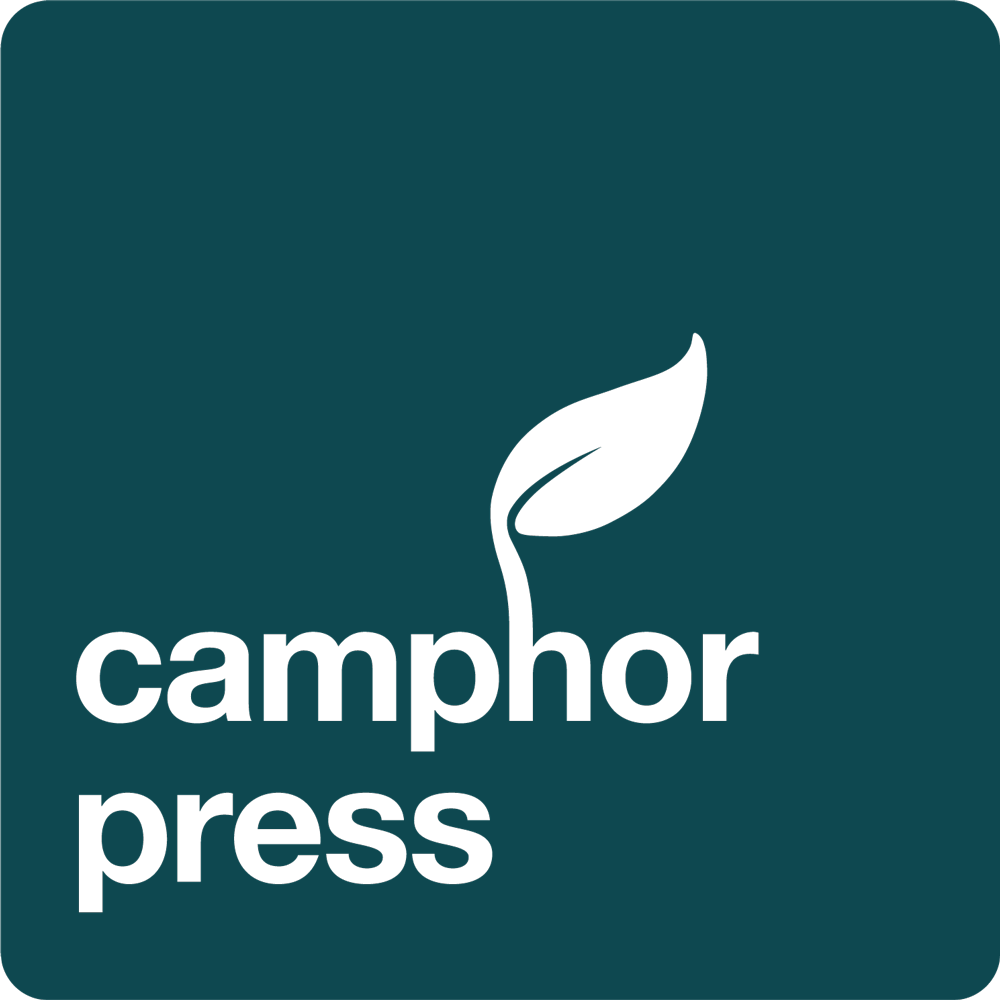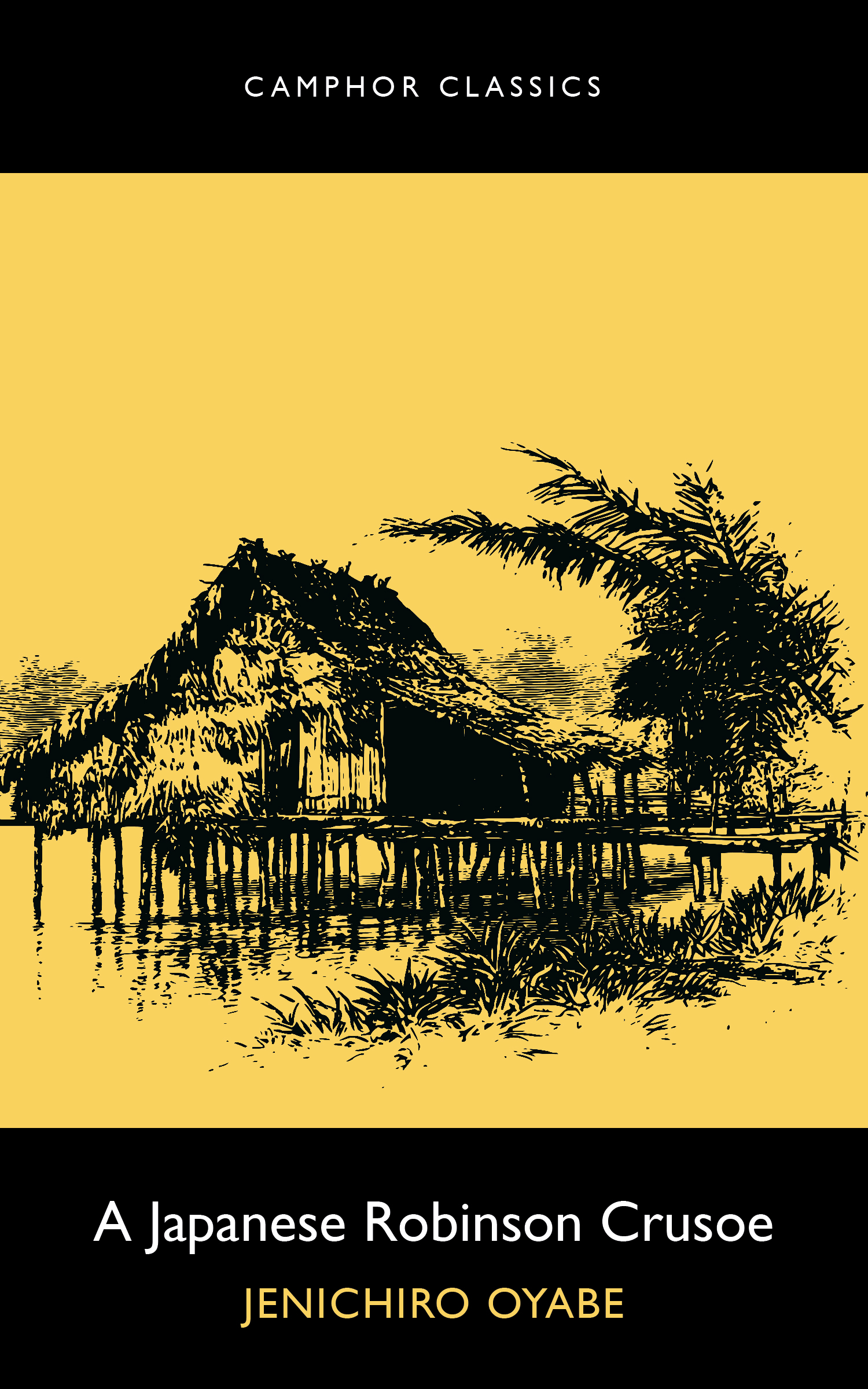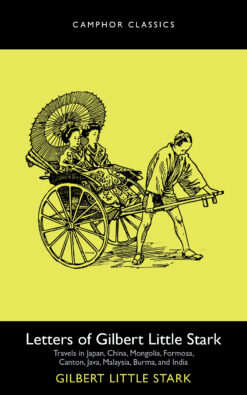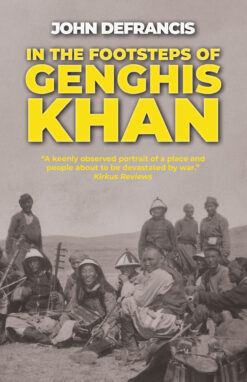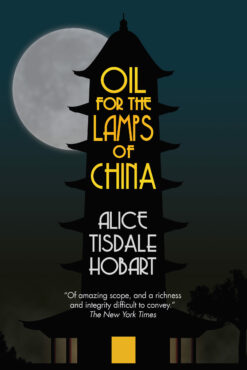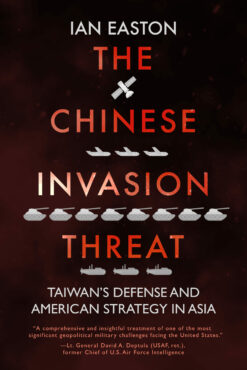Description
In 1884 Jenichiro Oyabe left his father’s house in Akita, in the north of Japan’s largest island, Honshu. An unremarkable young man, Oyabe was to embark on a remarkable journey spanning Ainu lands in Hokkaido, the Russian Far East, Hawaii (at that point still an independent kingdom), Polynesia, the Ryukyus, and China. A Christian convert, Oyabe then settled in the United States to study first agriculture, and then theology.
His account of his journey and time in America are fascinating to read today for the insight of a citizen of a rapidly-modernizing Japan into the times he was living in. He was one of the first Japanese people to study at a historically Black college (Howard University, in Washington, D.C.). After a tour in Europe he returned to the States, moving to Yale University, where he earned a Bachelor of Divinity degree in 1895.
A Japanese Robinson Crusoe mixes humor, pathos, blind optimism, and penetrating insight. Oyabe initially saw the United States as the light of civilization, but his view grows more complex and nuanced as his life there goes on. His reflections on religion, racism (something he was both a victim and a perpetrator of), and the differences between Japan and America are what make this book worthy of reissue, and of the reader’s time.
Related books
Gilbert Little Stark
| $2.99 | $14.99 | $24.99 |
| E-book | Paperback | Hardback |
John DeFrancis
| $16.99 | $27.99 |
| Paperback | Hardback |
Alice Tisdale Hobart
| $5.99 | $14.99 | $24.99 |
| E-book | Paperback | Hardback |
Ian Easton
| $7.99 | $19.99 | $34.99 |
| E-book | Paperback | Hardback |
